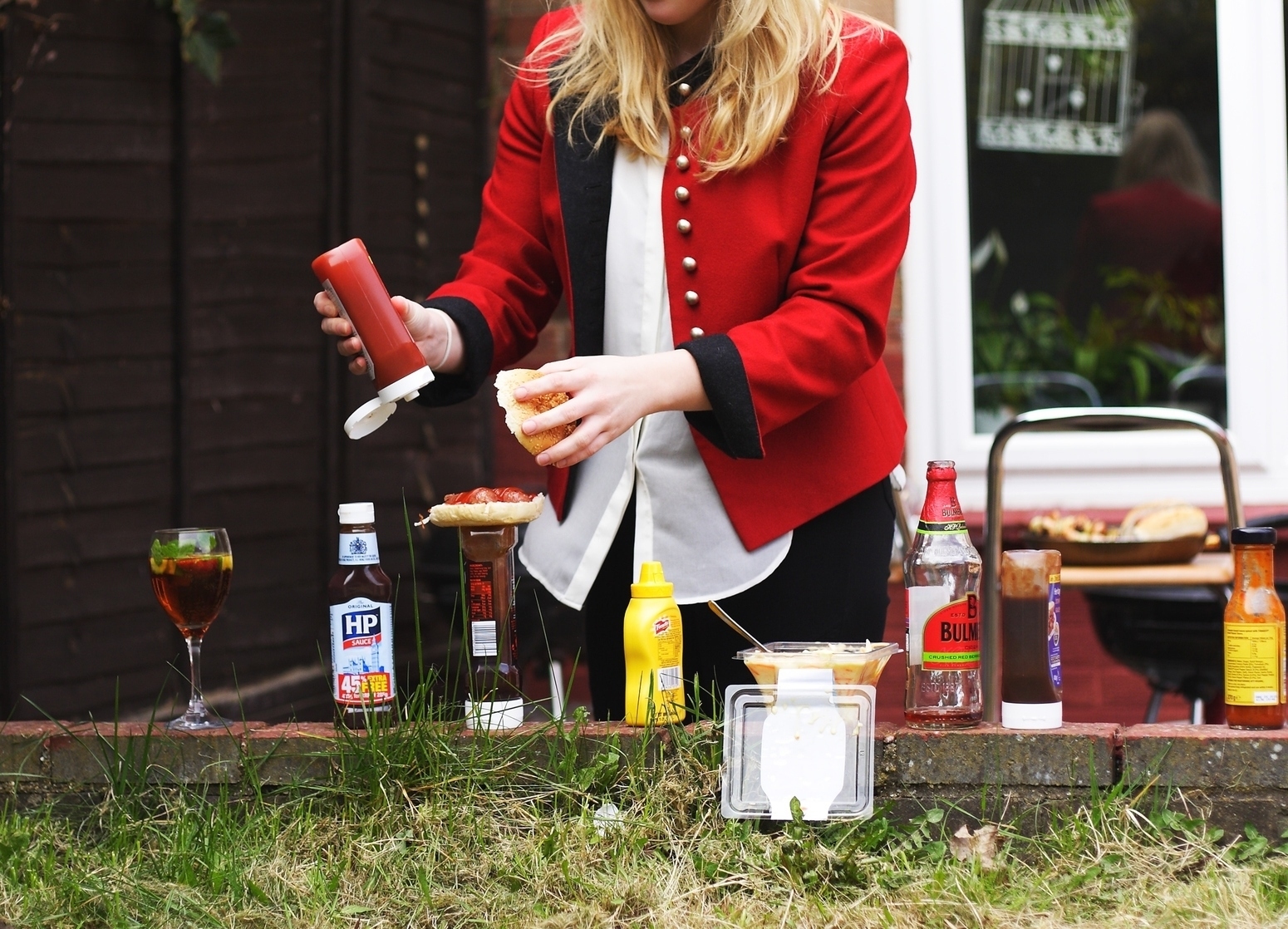I’m one of the people who thought fat was always the enemy. But after committing to a 30-day no-sugar diet, I dropped more weight than I did with any other weight loss plan. In a month, I’ve lost six pounds, my metabolism improved, and my skin got better. It was a big feat considering that I really, really love sweets.
Just so you know, your daily added-sugar consumption should be no more than 10 percent of your total caloric intake. During a World Health Organization press conference in 2014, a panel wanted to halve the amount down to five percent, or 25 g. of the sweet stuff per day.
Food manufacturers all over the world have mastered the art of hiding added sugar in almost everything. When food is being processed, sugar is added to enhance the flavor, change the texture, or extend the shelf life of the product. And just because something doesn’t taste sweet, that doesn’t mean there’s no sugar in it. Processed food and bread contain a high amount of sugar as well. This is because more often than not, sugar is listed under different names on ingredients lists.
Sucrose
Also known as table sugar, sucrose is the most common type of sugar and is commonly found in fruits and plants. It consists of 50 percent glucose and 50 percent fructose.
High-Fructose Corn Syrup
HFCS is a popular sweetener produced from corn starch. There are several types of HFCS but two of the most common are HFCS 55 (55 percent fructose, 45 percent glucose) and HFCS 90 (90 percent fructose). Just thinking about that makes my teeth ache.
Agave Nectar
Agave nectar or agave syrup is often used as a healthy alternative to regular sugar. It’s considered healthy because it doesn’t spike blood sugar, unlike other varieties. Be wary of the amount, though. Agave nectar contains nearly 70 to 90 percent fructose, which when taken excessively can become worse than white sugar.

Below are the other aliases of sugar, in case you need it for your next trip to the grocery:
- Blackstrap molasses
- Confectioner’s sugar
- Date sugar
- Diastatic malt
- Florida Crystals
- Galactose
- Golden syrup
- Icing sugar
- Maltodextrin
- Muscovado
- Refiner’s syrup
- Barbados sugar
- Brown sugar
- Caramel
- Corn syrup
- Demerara sugar
- Diatase
- Fructose
- Glucose
- Grape sugar
- Invert sugar
- Maltose
- Organic raw sugar
- Rice syrup
- Treacle
- Barley malt
- Buttered syrup
- Carob syrup
- Corn syrup solids
- Dextran
- Ethyl maltol
- Fruit juice
- Glucose solids
- Lactose
- Maple syrup
- Panocha
- Sorghum syrup
- Turbinado sugar
- Beet sugar
- Cane juice crystals
- Castor sugar
- Crystalline fructose
- Dextrose
- Evaporated cane juice
- Fruit juice concentrate
- Golden sugar
- Honey
- Malt syrup
- Molasses
- Raw sugar
- Yellow sugar
Photos courtesy of Unsplash and Pixabay
Read more:
How to quit sugar
These fast food items are below 350 calories—you’re welcome